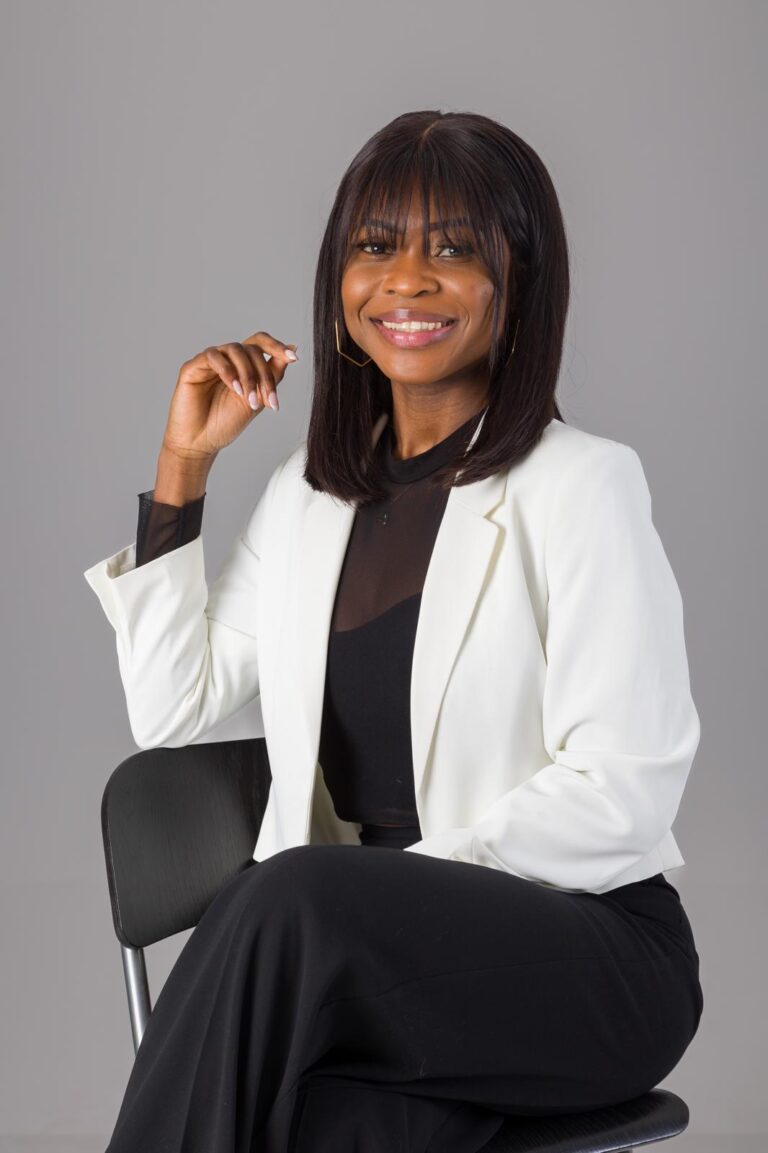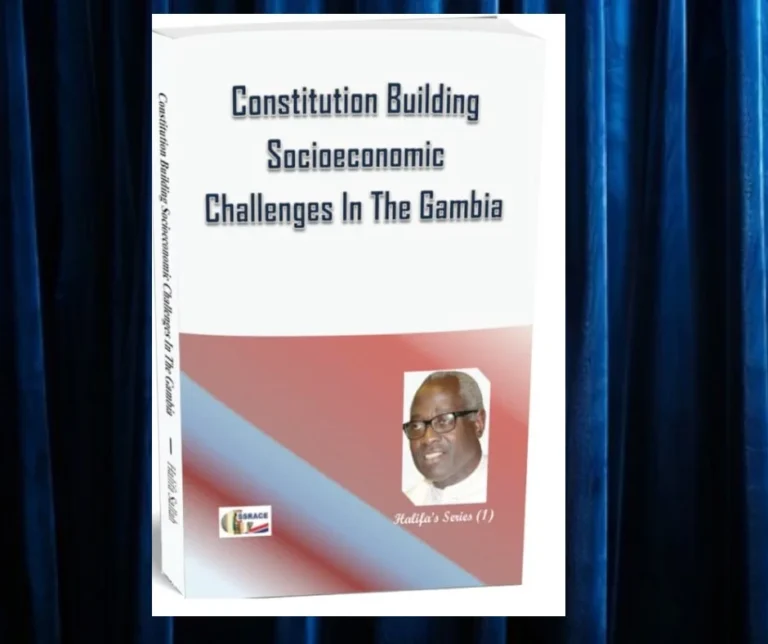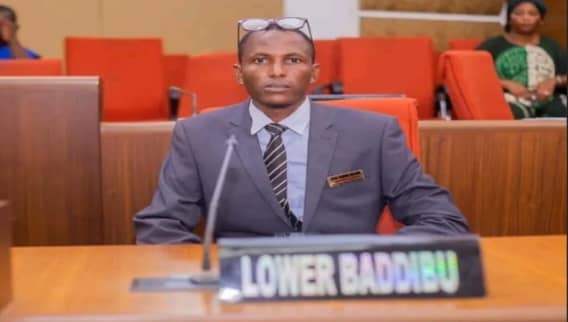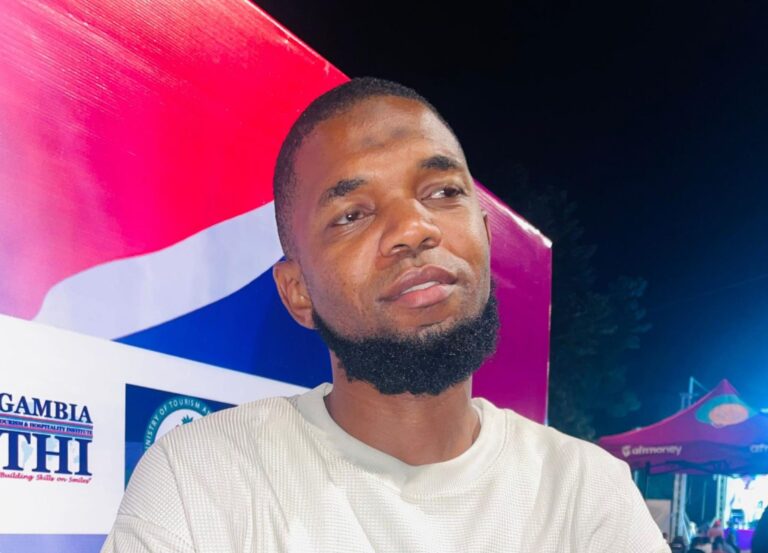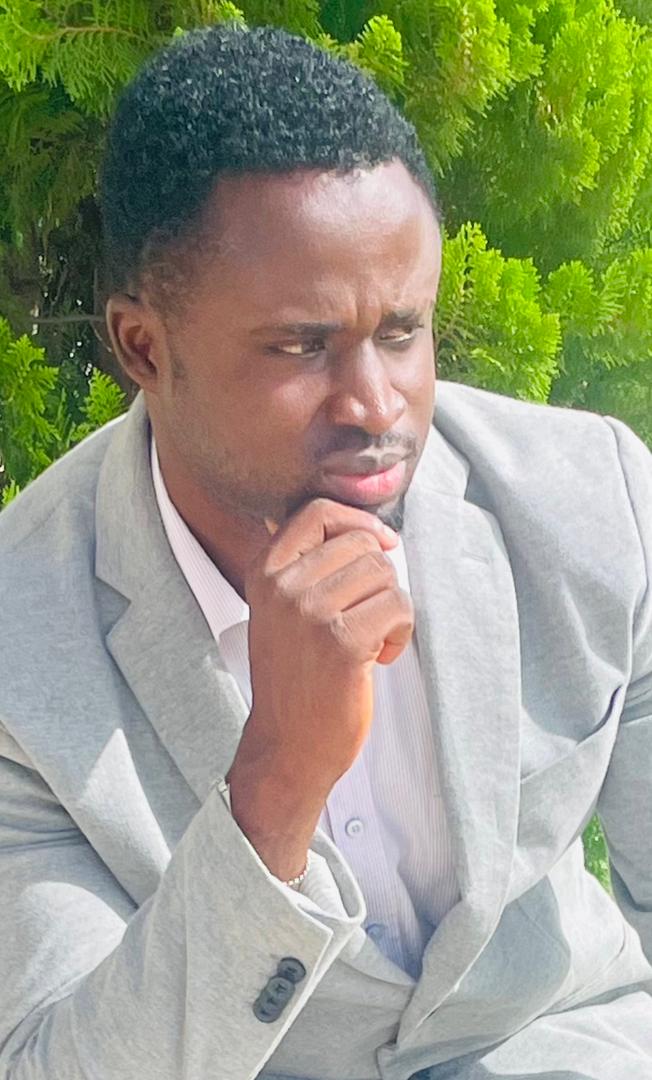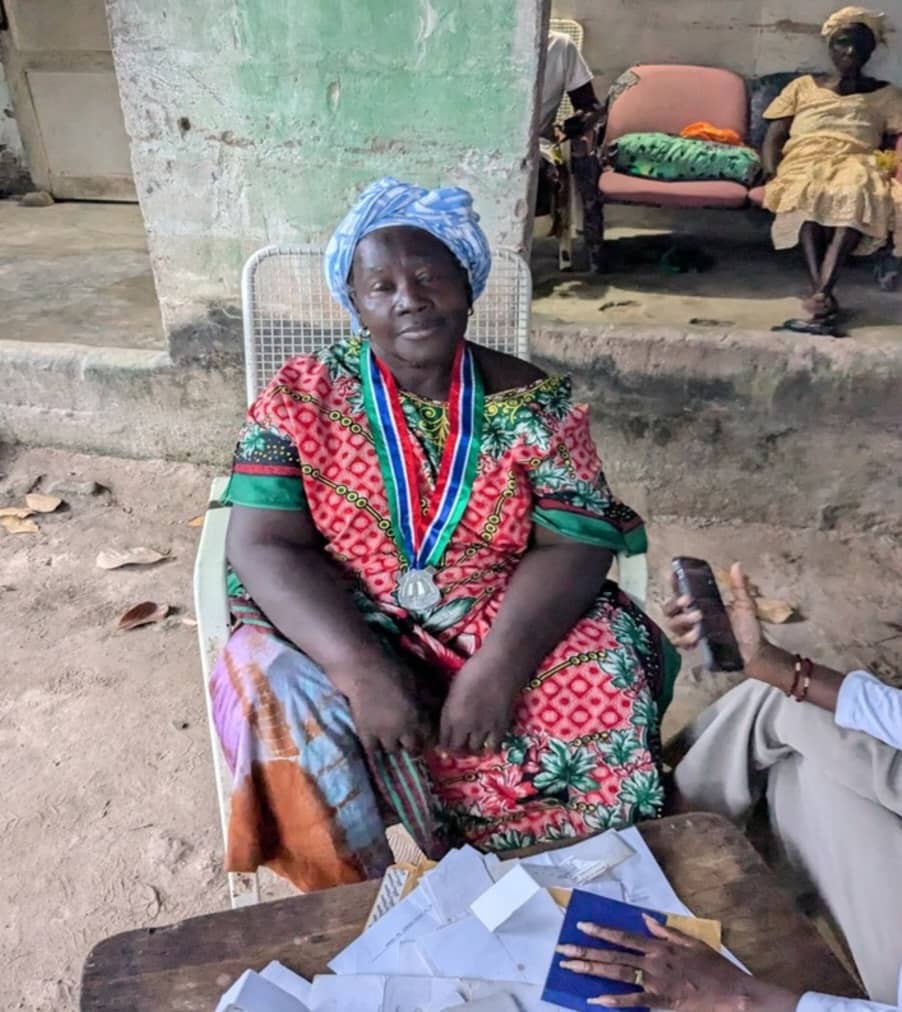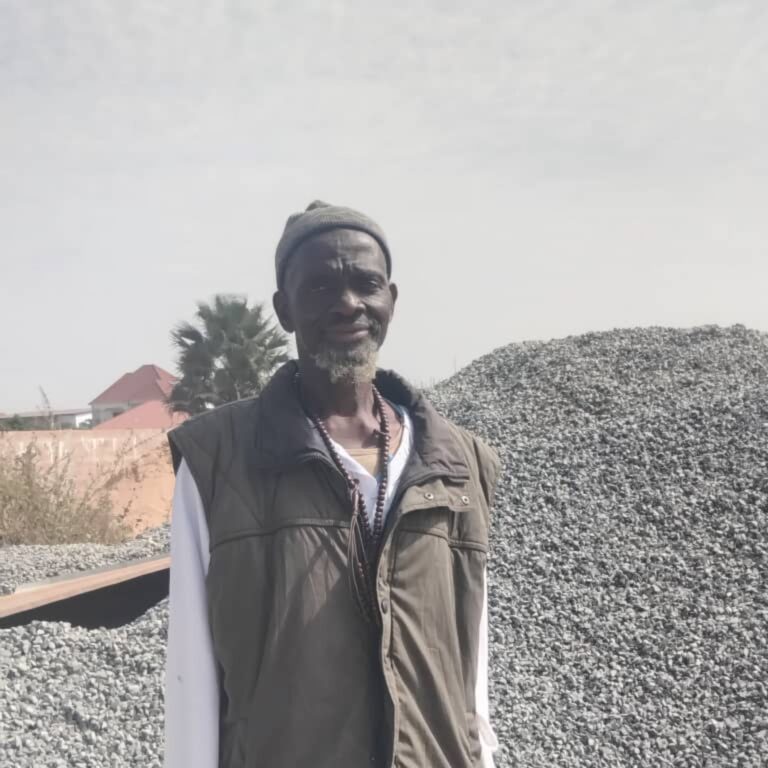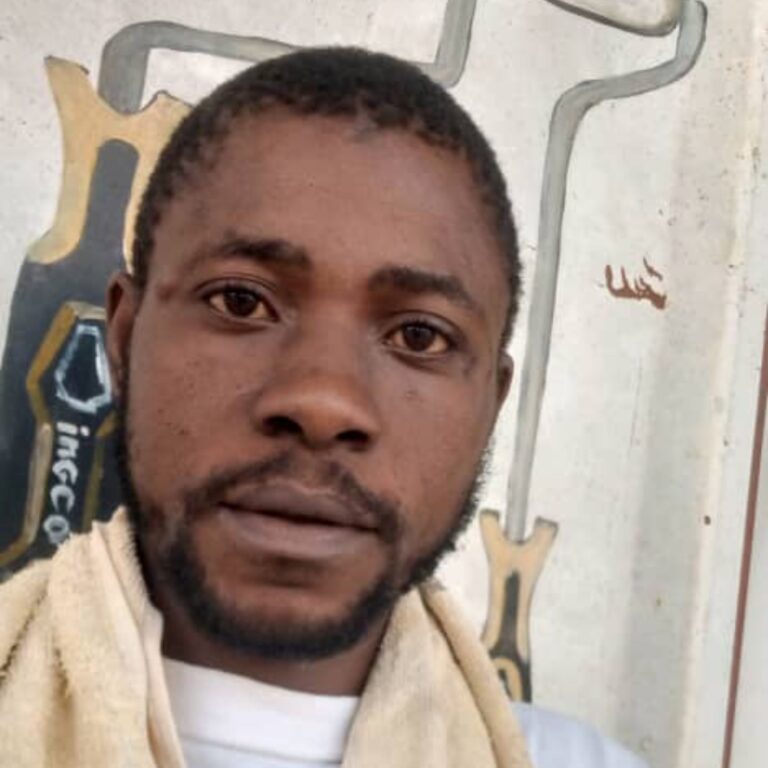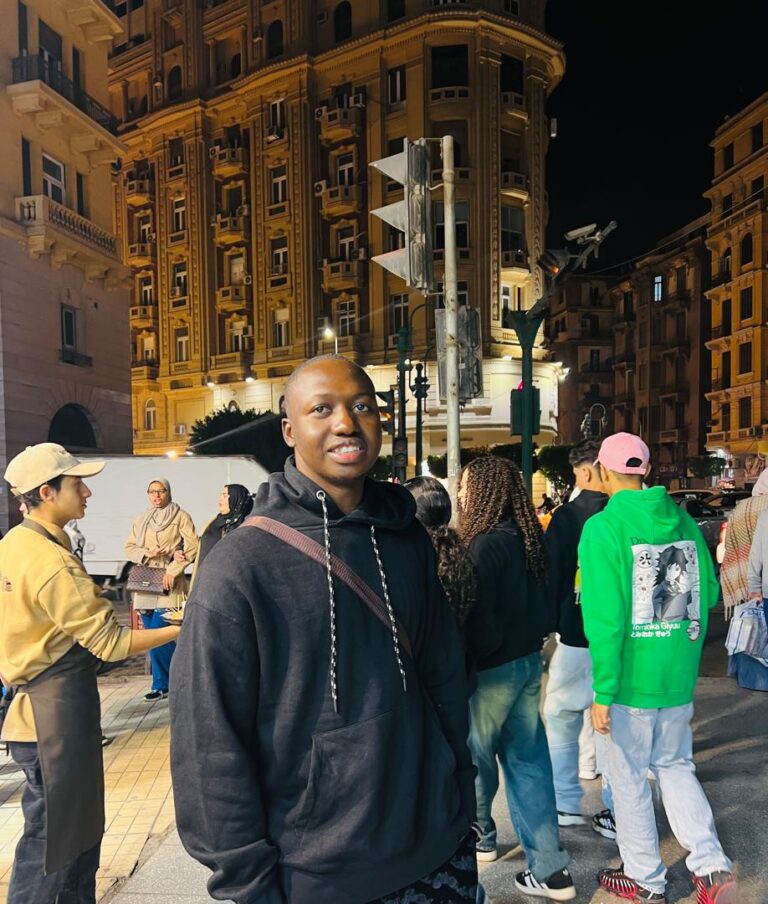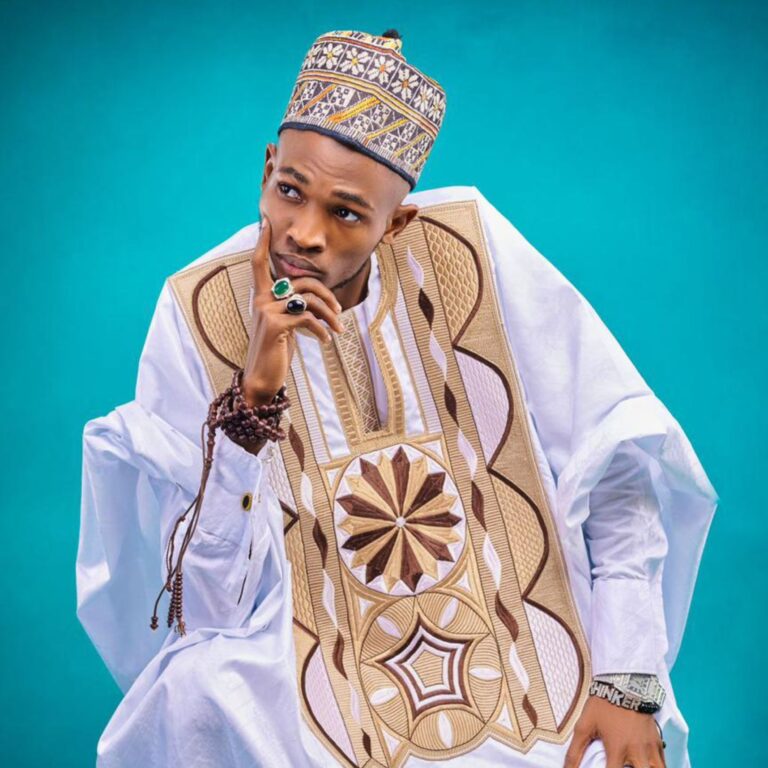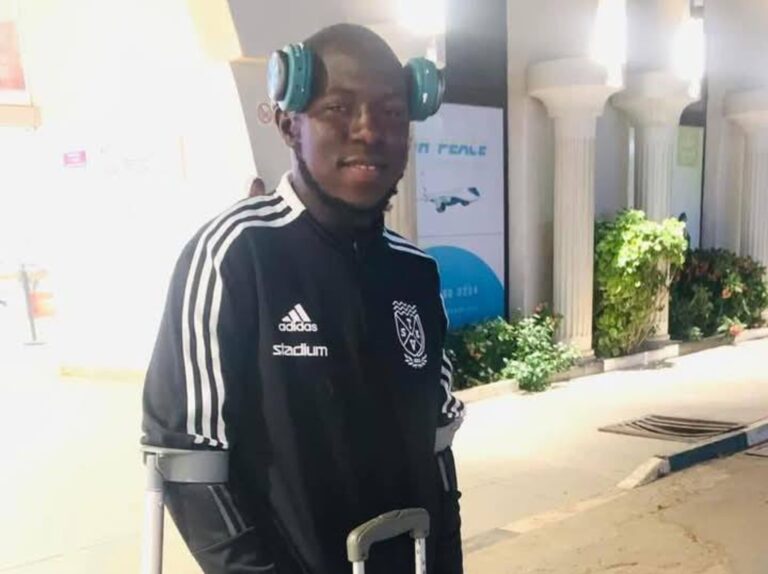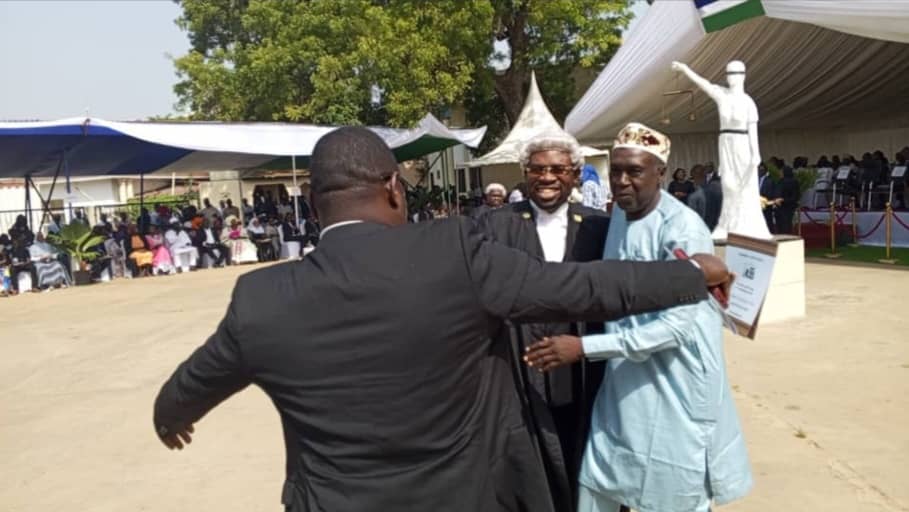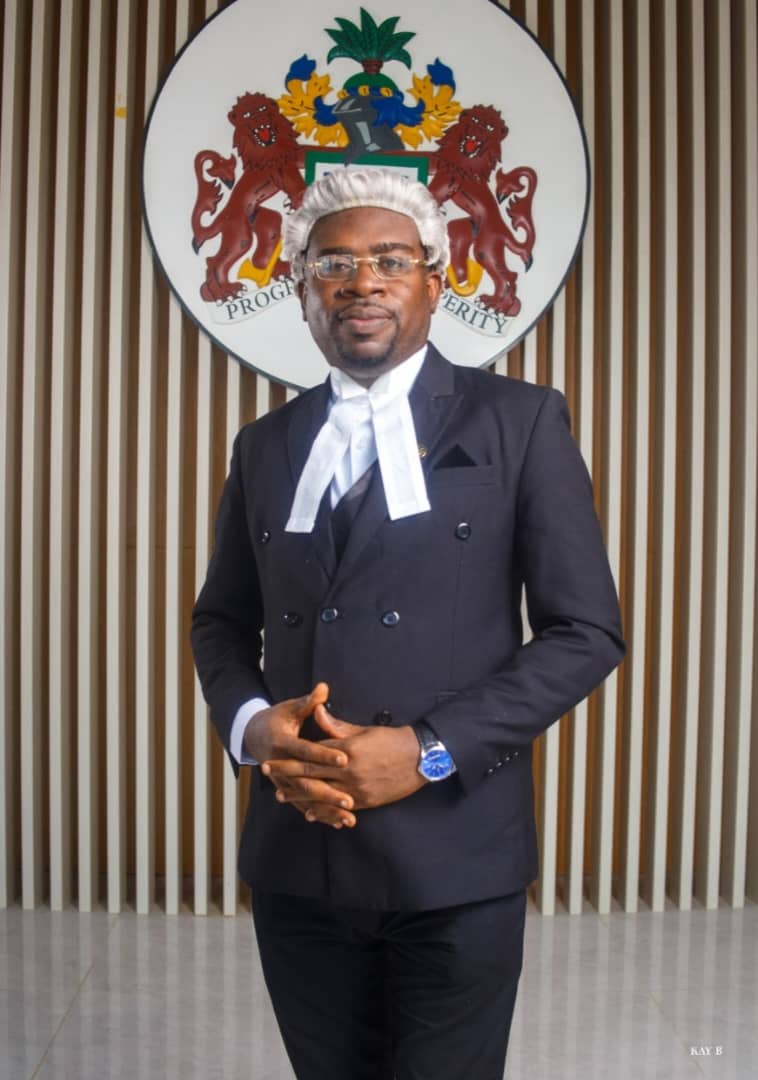BOOK REVIEW
By fatou janneh
Halifa Sallah’s Constitution Building, Socioeconomic Challenges in The Gambia is a deep analysis of constitutional processes and socioeconomic realities, offering a roadmap for addressing systemic inequalities. This book is the first in a series aimed at addressing knowledge gap in governance and citizenship. Sallah challenges readers to rethink the foundations of societal organization in The Gambia. Central to his critique is the absence of citizenship education in The Gambia’s curriculum. He contends that this gap perpetuates a lack of civic awareness and accountability, undermining individuals’ ability to engage meaningfully in governance. By advocating for the integration of sovereignty and civic responsibility into education, Sallah envisions a society where citizens are not only informed but also empowered to confront systemic injustice.
Hence, his framework intertwines the pillars of information, knowledge, and mindset as essential tools for transformative education. His argument transcends theoretical discourse by addressing the practical implications of dismantling gendered cultural norms that entrench inequality. Furthermore, Sallah situates education as a key mechanism for eradicating poverty and ignorance, thereby positioning it as a catalyst for national progress. Through historical context and forward-looking proposals, Sallah’s work critically interrogates the failures of past governance structures while outlining suggestions for fostering equity and justice. This makes Constitution Building not only a scholarly critique but also a compelling call to action for policymakers, educators, and citizens alike.
Constitution Building, Socioeconomic Challenges in The Gambia is divided into three main sections, with the first focusing on the Constitution Building of the Third Republic. In this section, Sallah carefully dissects the constitutional development process, emphasizing the importance of citizen involvement to ensure that the final document reflects the people’s will and aspirations. He critiques past processes for their lack of inclusivity and coherence. Also, he illustrated the dangers of constitutional amendments driven by narrow political interests rather than the public good. Sallah argues that a constitution is the “mother of all laws and norms,” providing the essential framework for a functioning society. He asserts, “This is why a constitution of a republic is adopted through a referendum, which is the supreme law-making exercise of registered voters in a country” (p. 8). Through this, the book challenges citizens to not only understand but also actively interrogate referenda, whether they address one question or many.
To guide readers, Halifa Sallah poses fundamental questions, such as, “How did we get to where we are in constitution building? What are the challenges and expected outcomes? Must Gambians be spectators in the process? Which direction should we take moving forward?” He then explains the three significant referenda that The Gambia has held since independence. First, the November 1965 referendum which failed to attain the necessary two-thirds majority to shift the country from a constitutional monarchy to a republic. Sallah argues that this failure was largely due to a lack of sufficient knowledge among the leaders and voters about the colonial content of the draft constitution. He suggests that “advocacy should have been conducted to enable voters to give appropriate answers to the referendum question of the time” (p. 9).
The second referendum, held in 1970, sought to establish a sovereign republic while retaining the monarchy under British sovereignty. This referendum passed with a two-thirds majority, leading to the establishment of a sovereign republic on April 24, 1970. The third, held on August 9, 1995, was controversial and widely misunderstood. Sallah critiques the 1970 constitution, noting that it was overthrown when most of its provisions were suspended by the military government, which ruled by decree. This same government, the APRC, was defeated in the 2016 presidential election, the first of its kind in the history of The Gambia. He describes both the 1970 and 1997 constitutions as “citizen-based constitutions” (p. 79), emphasizing that power derives from the people. These constitutions are legitimate because they owe their origin to citizens and can be changed by them. Sallah concludes that these constitutions are not sacred documents but are instead mundane and subject to change, which shows the dynamic nature of statehood.
Sallah critiques the repetitive challenges and stagnation in constitutional development, stressing fact of history’s tendency to repeat itself in The Gambia’s nation-building process. He emphasizes that the content of the 2024 promulgation bill differs significantly from the 2020 CRC draft constitution initially presented to the president. Sallah asserts that the executive and legislative branches of the Gambian government are mainly responsible for the ongoing deadlock and constitutional impasse, attributing it to their lack of understanding of the 1997 Constitution, particularly Section 226. For instance, the cabinet invited international actors to intervene through negotiation, an approach that contradicts the provisions of the 1997 Constitution. Similarly, the National Assembly’s lack of expertise and inability to comprehend key provisions, including those governing the promulgation process and the Standing Orders of the National Assembly, has exacerbated the situation.
Sallah’s analysis emphasizes that the 2024 draft is significantly different from the 2020 CRC draft, which is now being reintroduced for consideration. The 2024 draft was unilaterally crafted by the cabinet, bypassing broader participatory processes. He states, “…the Executive has relied on the CRC Draft Constitution as a working document and the 1997 Constitution to come up with a 2024 version without expressly stating that fact in the introduction of its explanatory memorandum” (p. 25). In addition, the 2020 draft constitution has become a reference point used selectively by the executive in crafting its bill. Sallah reveals that “…the Executive has serious reservations regarding many clauses in the 2020 draft” (p. 23), exposing the disconnect between the executive’s actions and the broader aspirations for constitutional reform.
Halifa Sallah, on the second section of his book, challenges the religious justification for Female Genital Mutilation (FGM) by scrutinizing its alignment with Islamic principles and practices. He begins by asserting that Islam, as a universally practiced religion, must promote values that are universally applicable and sustainable across cultures. He states, “A religion with universal following should build a community whose members could live in any part of the world and still profess and practice their religion without any cause for interference.”
Through a critical analysis of data, Sallah highlights that fewer than one-quarter of Muslim women globally have undergone circumcision and stresses that none of the wives or daughters of the holiest leaders of Islam were subjected to the practice. These observations dismiss the notion that FGM is a religious obligation. He questions, “Could anyone conclude that only one-quarter of Muslim women are clean and that the three-quarters left are unclean?” This provocative inquiry challenges the validity of equating circumcision with religious purity.
Sallah extends his critique by analyzing the implications of such assumptions. If uncircumcised women are deemed unclean, does it follow that they are unfit to fully engage in their faith? He refutes this by emphasizing that adherence to the five pillars of Islam (such as faith in one God, zakat (charitable giving), prayer, fasting, and pilgrimage to Mecca) determines one’s spiritual standing. He observes, “The circumcision of a Muslim woman does not make her holier and cleaner person than an uncircumcised woman in the eyes of God,” (p. 106).
Furthermore, Sallah contextualizes the pursuit of knowledge as a core Islamic injunction, famously captured in the directive to “even go to China” to acquire it. This injunction demonstrates the dynamic and progressive nature of Islamic teachings. By advocating the pursuit of knowledge to improve humanity’s quality of life, he implicitly critiques practices like FGM that are rooted in outdated traditions rather than informed understanding. Through these arguments, he dismisses the notion that FGM is a religious mandate. He showcases the misalignment between the practice and the foundational teachings of Islam, advocating instead for an interpretation of faith that prioritizes knowledge, dignity, and universal applicability.
The third section of this book examines the need for ongoing national dialogue to address critical issues such as territorial integrity, economic development, and governance. The author critiques structural inefficiencies in revenue generation and allocation systems, arguing that these perpetuate poverty and stifle rural development. To address this issue, he advocates for a more balanced approach to resource management and policy implementation. His key argument is that reducing national dialogue to debates over government and opposition roles risks fostering dissonance rather than harmony. In such scenarios, he stresses, dialogue becomes a monologue, with each camp addressing only its constituency, thereby undermining collective responsibility. He writes:
A national dialogue is therefore only conceivable if we open up a non-partisan conversation on the subject of stability of the nation and state, and security of national resources, aimed at arriving at specific and general resolutions that could be relevant and applicable to both government and opposition, in their common quest to build a free, peaceful, stable, and prosperous nation where there is both state and human security, (p. 111).
Sallah emphasizes the importance of an inclusive national dialogue that transcends political divisions and focuses on collective interests, such as stability, security, and sustainable development. For a dialogue to be effective, it must not center solely on party politics or individual policy agendas. Still, it should engage both government and opposition in a spirit of cooperation and mutual understanding. He identifies four key pillars for national dialogue, including the cultural pillar, which promotes values and norms that foster national unity and cohesion, regardless of individual or group identities.
Furthermore, the author’s critiques of past constitutional processes raise important questions about fairness and practicality. While his emphasis on inclusivity and grassroots engagement is commendable, one might ask if his assessment fully accounts for the complexities of postcolonial state-building. Are his critiques entirely fair, or do they overlook incremental progress achieved despite historical and geopolitical challenges? Although his proposed solutions for promoting national dialogue (mainly focused on citizenship education and civic responsibility) are visionary, they face significant hurdles. Entrenched political divisions, historical grievances, and ethnic tensions often complicate dialogue efforts. Does his framework sufficiently address these challenges, or does it risk underestimating the resilience of political polarization and mutual distrust? By examining these tensions, Sallah’s work invites deeper reflection on the balance between critique and constructive pathways for reform.
Nonetheless, one of the book’s most compelling features is its ability to blend theoretical insights, case studies, and personal anecdotes with practical recommendations. Sallah combines historical context, political analysis, and economic realities to present a holistic view of The Gambia’s challenges and opportunities. However, while the book is rich in detail, its dense prose and reliance on abstract concepts may challenge some readers. Also, the broad scope could have been enhanced by a deeper discussion of specific case studies or comparative analysis with nations facing similar issues.
Overall, Constitution Building, Socioeconomic Challenges in The Gambia is a groundbreaking contribution to The Gambia’s discourse on governance, citizenship societal development. It truly excels in combining historical analysis with practical recommendations. Hence, Halifa Sallah’s vision for transformative change through civic education and participatory governance offers a compelling roadmap for scholars and policymakers. This is essential reading for anyone invested in The Gambia’s journey toward justice, equity, and sustainability. Constitution Building, Socioeconomic Challenges in The Gambia was published in September 2024 by the Center for Social Science Research and Education (CSSRACE) founded by the author.
[email protected]
Madison, Wisconsin


